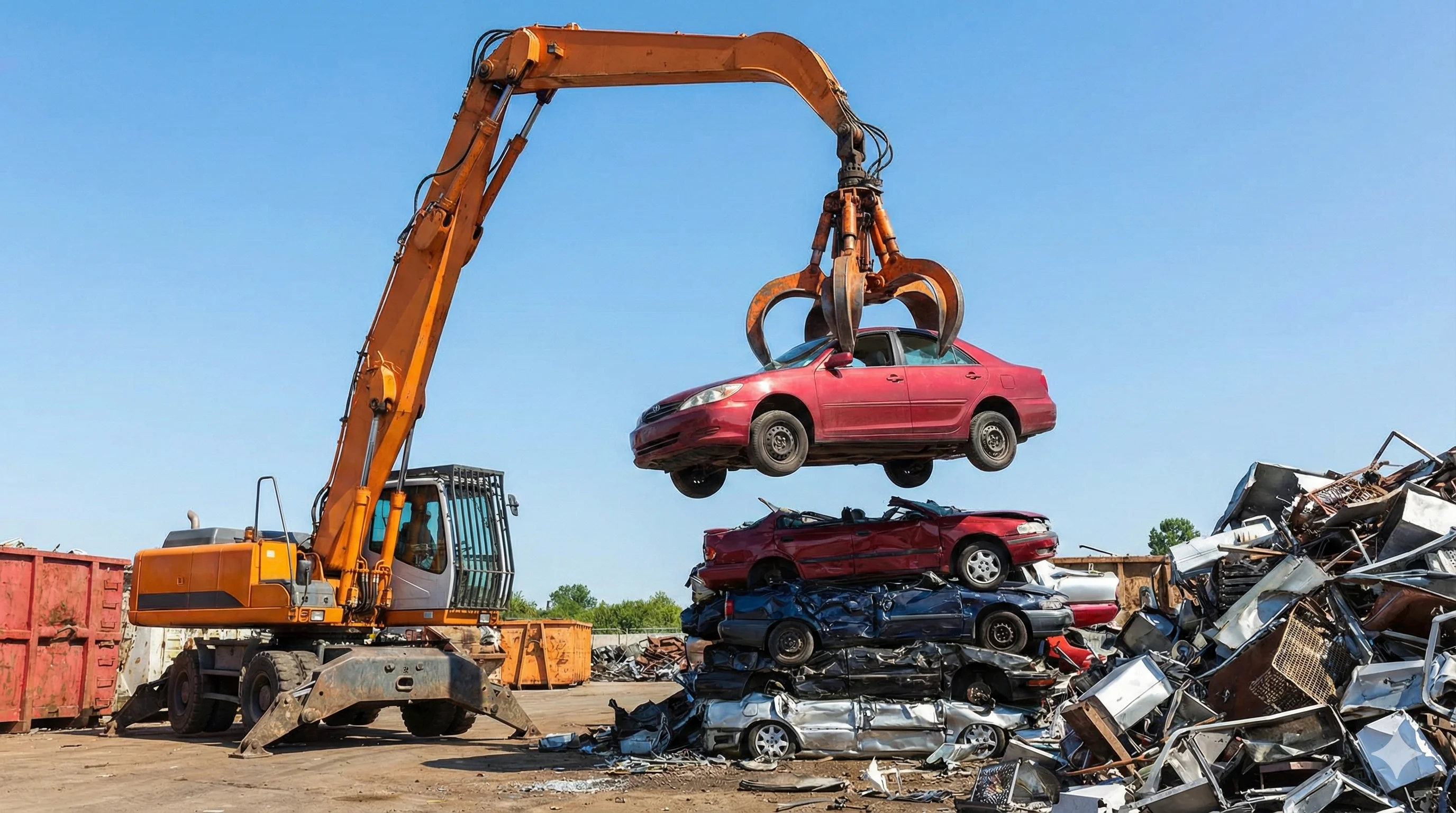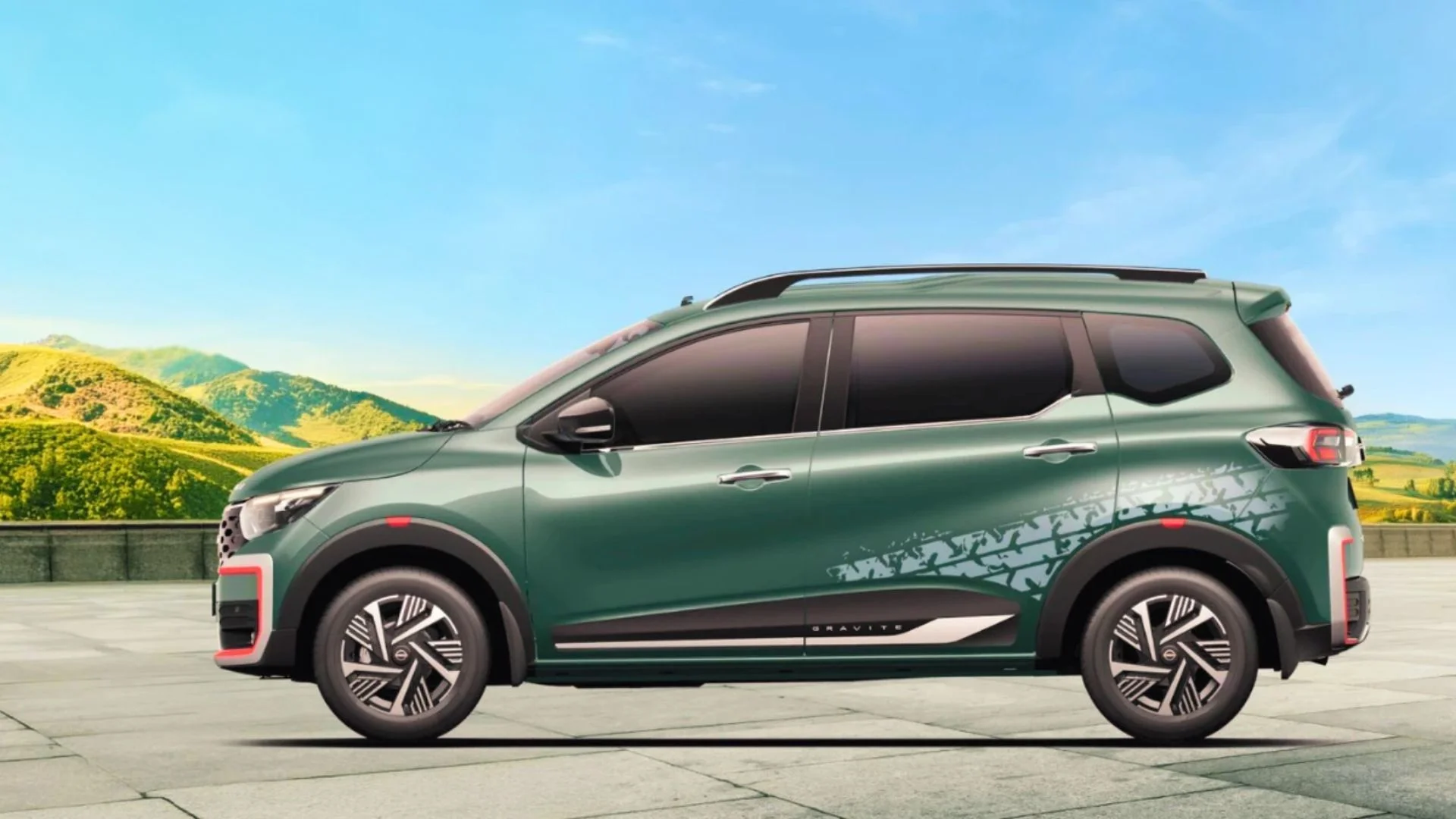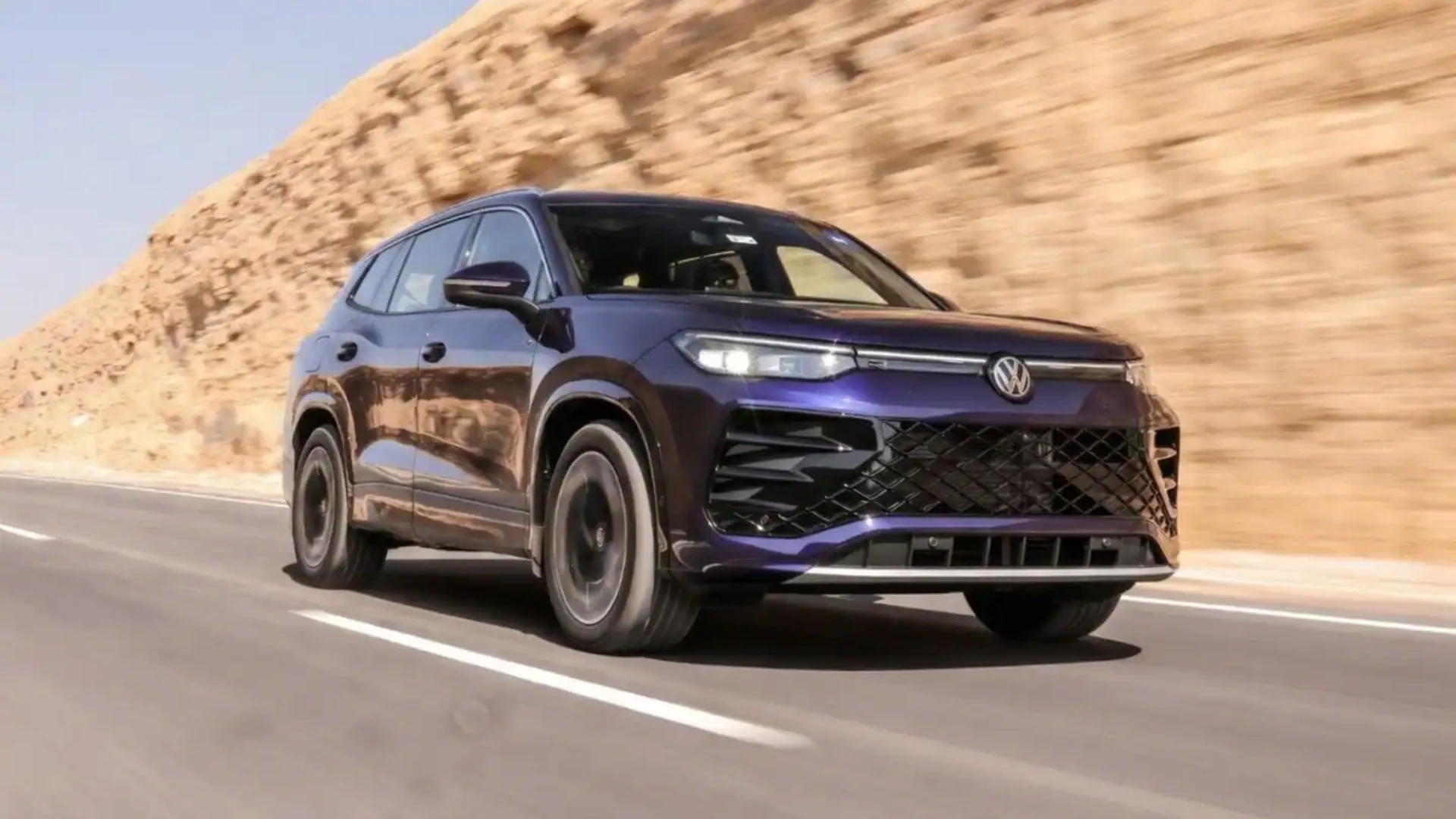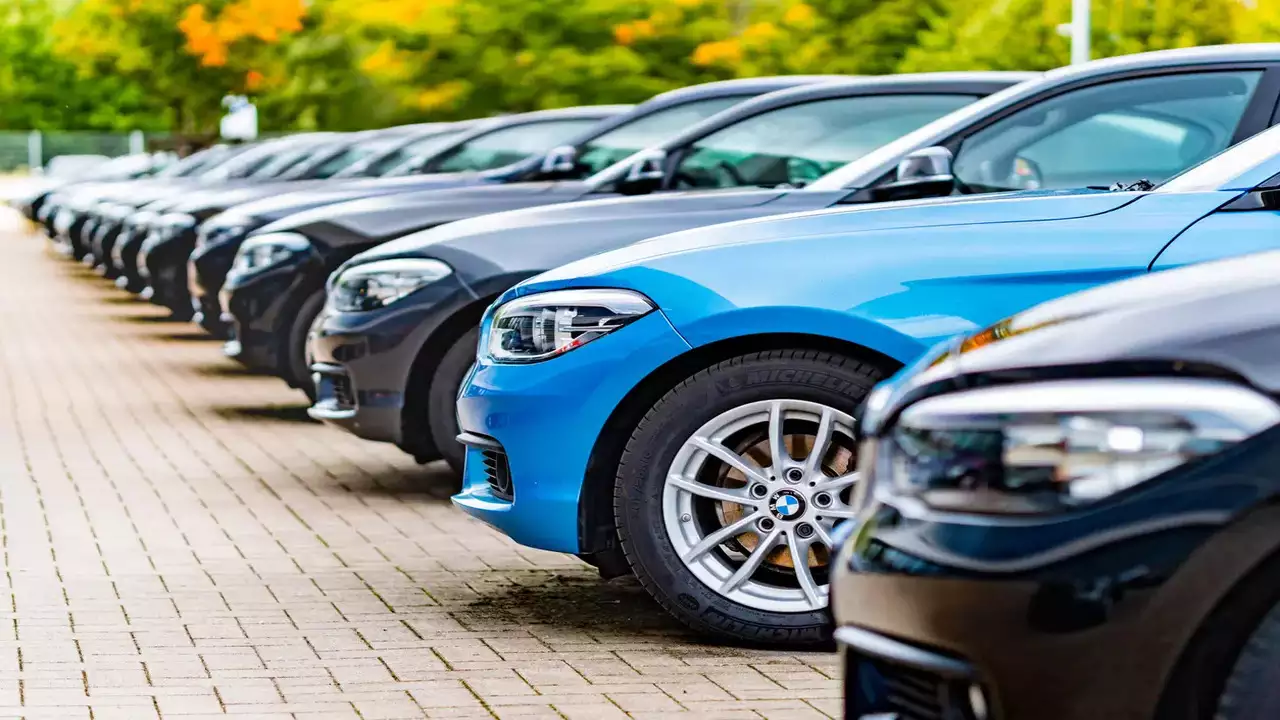
Table of Content
▼With the introduction of hybrid and electric vehicles, diesel engines are slowly being phased out. A government panel recently proposed a ban on diesel vehicles by 2027 in cities with populations of more than 1 million to promote cleaner mobility. The report also indicated that there will be no diesel city buses in urban areas by the end of this decade. However, the government has not yet accepted this report.
The ministry said the committee's recommendations of the panel are futuristic. It added that it takes a lot of deliberation with all stakeholders and manufacturers to make a final call on implementing such bans.
Currently, diesel vehicles contribute about 40 percent of sales in India. This includes commercial and private vehicles. The transportation sector relies nearly 80 percent on diesel for its operation. Such a ban requires appropriate planning to introduce alternative fuel options. Therefore, the minister said: “No decision has been made yet on the recommendations of ETAC.”
Pros and Cons of Diesel Vehicles:
Pros:
Diesel engines are also known as compression ignition engines. This engine uses a higher compression ratio compared to spark ignition, which results in higher torque. Extra torque is the only reason commercial vehicles use diesel engines. Apart from that, diesel engines have lower operating and maintenance costs compared to other fossil fuel engines.
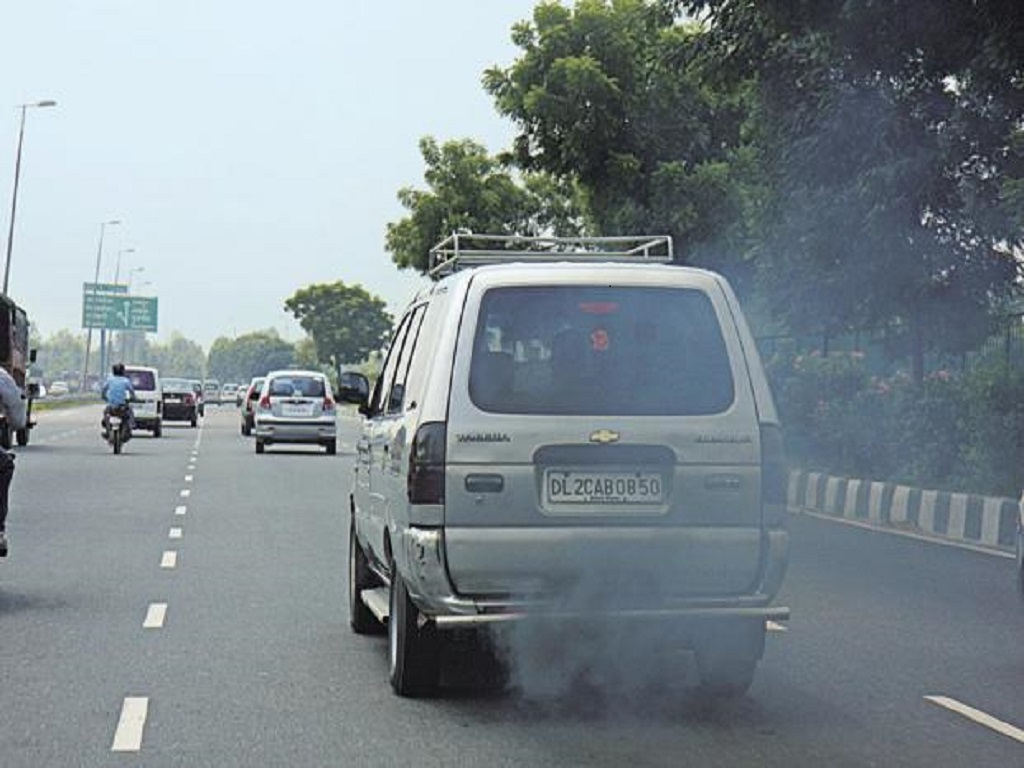
Cons:
The biggest disadvantage of CI engine is smoke. Particles emitted from the gases contain carcinogens, nitrous oxides and soot. These emissions negatively affect the environment and contribute to air and noise pollution. The gases are also dangerous to humans and wildlife, contributing to the development of respiratory diseases and ultimately causing climate change and global warming.
Who will benefit and who will lose?
From a climate perspective, if a ban on diesel engines were imposed, the result would be a significant reduction in the carbon footprint in the atmosphere. Apart from this, those who will benefit will be electric and hybrid vehicle manufacturers. The transition from diesel to hybrid and electric cars will mean an increased demand for batteries in these vehicles.
While we see the green side of the grass, at the same time we suffer huge losses. Oil refineries can cut staff by about 50 percent. Moreover, this will also cause a major downturn in the lives of businessmen who deal with transportation. This will indirectly affect the operating cost per kilometer, which will lead to higher prices for goods and public transportation.
Brief introduction of diesel engines:
Diesel vehicles were introduced in the early 1930s. Serial production of the 260D began in late 1935, and the first diesel powered vehicle appeared in February 1936. Diesel vehicles were used primarily for commercial applications and public transportation due to their high torque and high fuel efficiency fuel.
Also Read: Buy the Tata Tigor iCNG or wait for the Tata Altroz iCNG?
Neha Mehlawat
Neha Mehlawat is an automotive journalist and industry analyst with 10+ years of experience covering cars, bikes, and mobility trends. She tracks the latest launches, technology upgrades, and policy changes in the auto sector, delivering sharp insights that help readers stay ahead in the fast-evolving world of automobiles.
